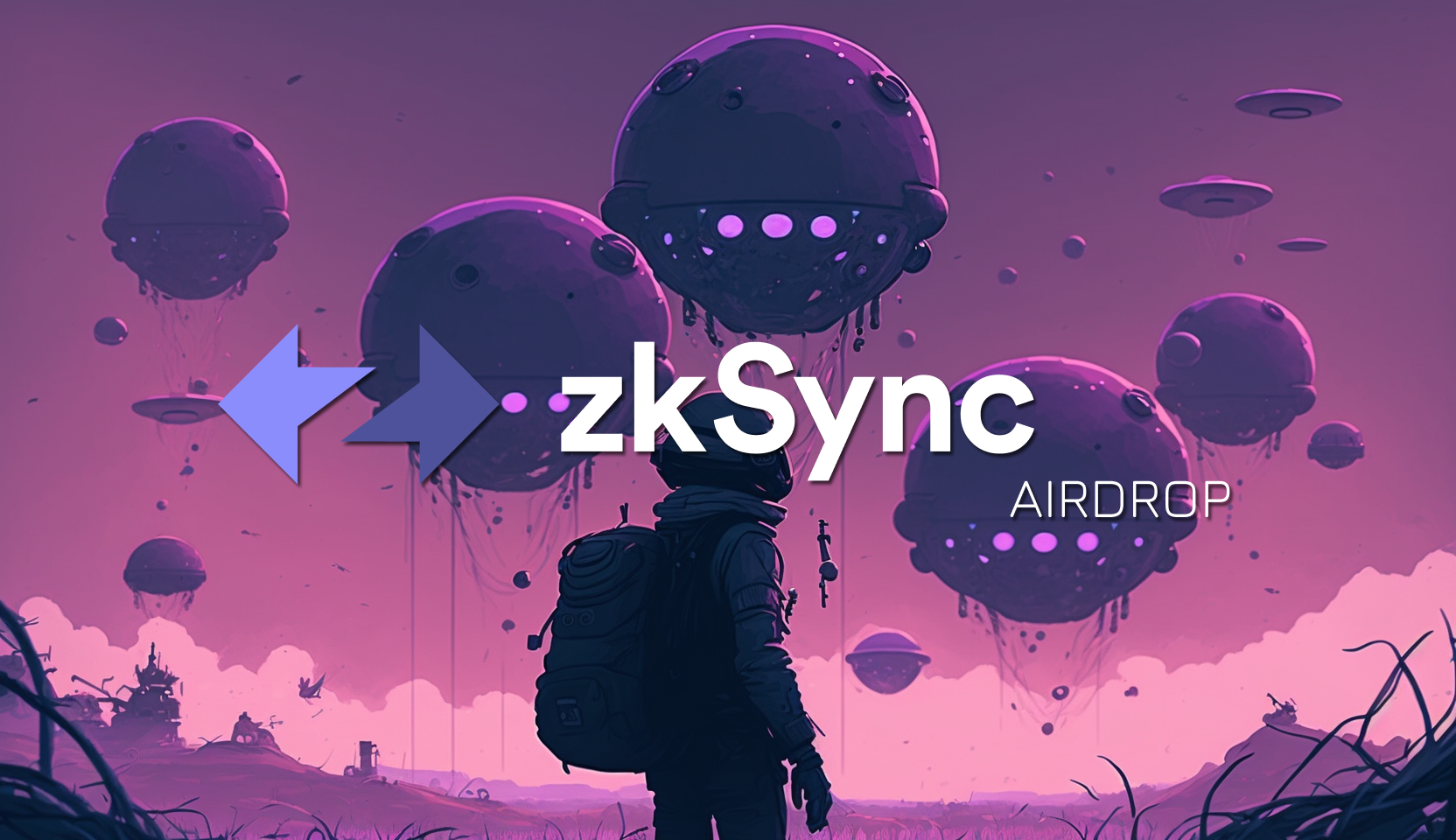|
Getting your Trinity Audio player ready...
|
The highly anticipated ZK token airdrop from zkSync witnessed a dramatic turn on Monday, June 17th, as nearly half of the top receiving wallets promptly sold their entire allocation. This selling pressure caused the price of ZK to tumble 34.5% within a single day.
Data from Nansen, a blockchain analytics firm, reveals that 41% of the tracked top addresses immediately cashed out their entire airdrop. Additionally, another 29.2% opted to sell at least a portion of their tokens. This selling spree, totaling over 486 million ZK, significantly impacted the token’s price.
It’s important to note that the data only analyzes the “top 10,000 addresses,” representing a mere 1.4% of the total 695,232 wallets eligible for the airdrop. Last week, zkSync distributed 3.7 billion ZK tokens.
The zkSync Association, a non-profit established by zkSync developer Matter Labs, reported on June 17th that a staggering 45% of the tokens were claimed within two hours. This overwhelming response caused initial network issues due to the high volume.
According to data compiled by Matter Labs data scientist Landon Gingerich, over 491,000 wallets have claimed their airdrop, representing nearly 75% of the total distributed tokens.
ZK’s price initially reached a high of $0.32 shortly after launch. However, the subsequent sell-off drove the price down to around $0.20, as reported by CoinGecko. With a total supply of 21 billion ZK, the fully diluted valuation surpasses $4.4 billion.
However, only 17.5% of the total supply is currently circulating, placing the market capitalization at roughly $772 million. This is a significant drop from the peak of over $1.1 billion recorded shortly after launch.
Also Read: Uniswap Soars 77.8% Against Bearish Market: Bullish Breakout & ZKsync Integration Fuel Rally
This aggressive sell-off by prominent wallets follows criticism surrounding zkSync’s airdrop criteria. Some argued that the anti-Sybil measures, designed to prevent entities from gaming the system with multiple wallets, were insufficient.
On June 15th, the project addressed these concerns by updating a document. They argued that overly aggressive Sybil filtering could have mistakenly flagged legitimate users. Instead, they opted for a “unique airdrop design” aimed at rewarding a larger base of organic users.
Disclaimer: The information in this article is for general purposes only and does not constitute financial advice. The author’s views are personal and may not reflect the views of Chain Affairs. Before making any investment decisions, you should always conduct your own research. Chain Affairs is not responsible for any financial losses.
With a keen eye on the latest trends and developments in the crypto space, I’m dedicated to providing readers with unbiased and insightful coverage of the market. My goal is to help people understand the nuances of cryptocurrencies and make sound investment decisions. I believe that crypto has the potential to revolutionize the way we think about money and finance, and I’m excited to be a part of this unfolding story.




